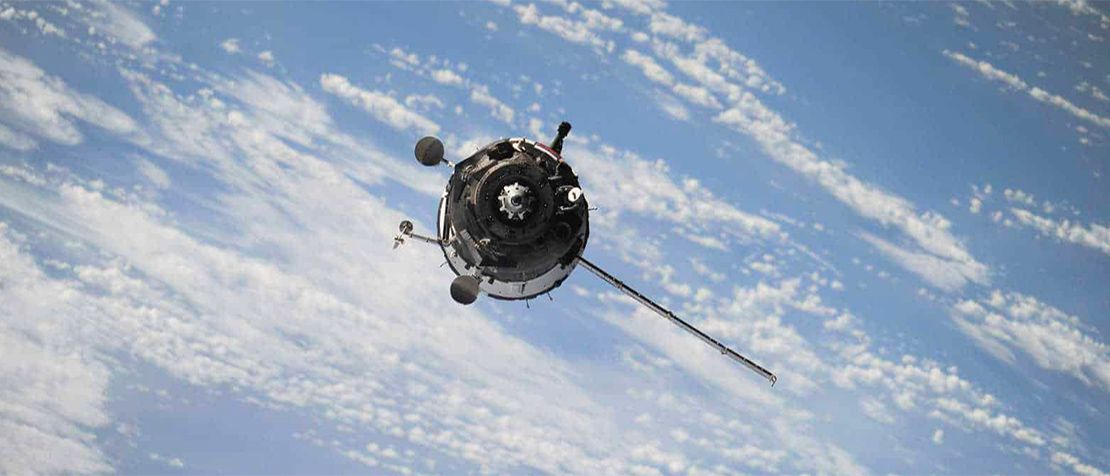
How satellite innovation can connect the unconnected, faster
This week, experts gathered at ITU under the auspices of the Permanent Mission of France in Geneva to discuss “the Future of Space and Space Issues in Geneva.”
Satellites are an important tool in today’s digital economy. Nearly every sector of the economy relies upon this technology in some way – from banking and agriculture to transportation and healthcare.
Satellites help save lives in emergencies and provide critical knowledge about our planet and how to better protect the environment amid the perils of climate change. They will be vital in accelerating progress towards the United Nations Sustainable Development Goals.
Every week, it seems, there is another new example of how satellite industry innovation and investment could have profound impact on improving people’s lives.
Small satellites, satellites with all-electric propulsion and low-Earth orbiting (LEO) satellites are among the game-changing innovations, opening new use cases such as the backhaul for 5G and the Internet of Things, and enabling a range of solutions from digital financial services to better healthcare to smarter cities. These trends also offer new and more economical solutions to connect the unconnected, who are mostly in rural areas.
New players joining ITU
We are seeing this shift play out at ITU, where new, innovative satellite players are joining top names in the business as ITU members.
ITU is fortunate to have a wide category of membership, with over 800 private sector members, regional and other international bodies, over 160 university members. Small and medium enterprises (SMEs) and startups will also soon be able to participate in ITU at a reduced fee as Associate Members. We also provide remote participation to many of our meetings to avoid cost of travel and accommodation.
This enables us to accommodate the increasingly wide range of stakeholders now connected to the space industry to ensure that we move with the times and deliver the best possible solutions.
Pivotal conference in Egypt
Indeed, ITU maintains the only international treaty on the use of the radio-frequency spectrum and satellite orbits – the Radio Regulations. This is a complex, technical treaty that includes the regulatory procedures to be followed in coordinating the orbital slots. It ensures that satellites operate free from harmful interference.
ITU has been maintaining this treaty for over 112 years, long before space services joined it in 1963, just six years after Sputnik’s flight. 400 delegates from 70 ITU Member States were in Geneva for an Extraordinary Administrative Radio Conference that would initiate a flow of global regulations and standards on the use of radio frequencies for space services and orbital resources.
This October, over 3000 delegates from most of our 193 Member States are expected to gather in Sharm El Sheikh, Egypt for ITU’s World Radiocommunication Conference 2019 (WRC-19) that will once again update this very important treaty. There will be a number of important satellite issues on the agenda of this pivotal conference, as well as issues related to almost all other uses for the radio spectrum.
